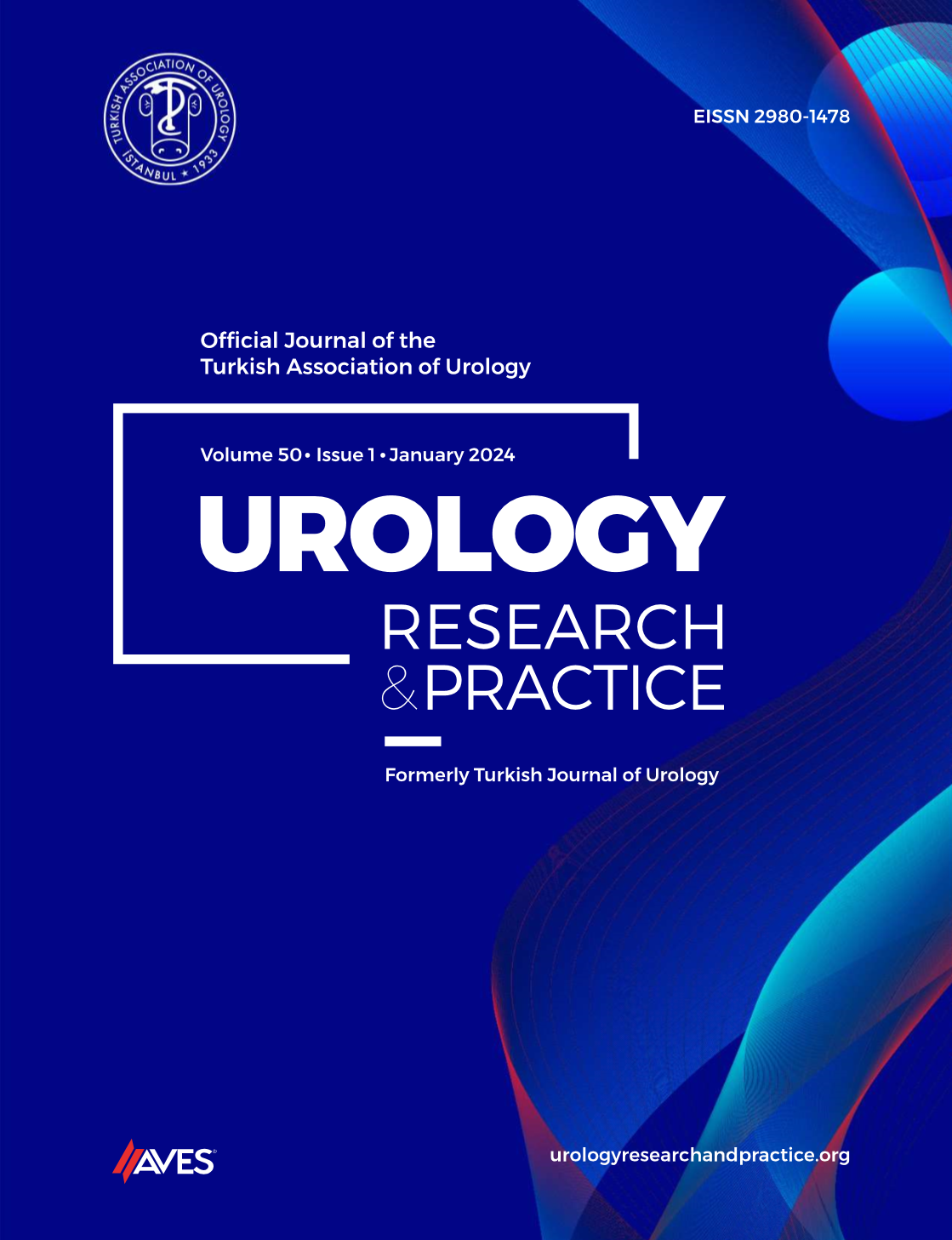Abstract
Objective: Shock-wave lithotripsy (SWL) is the first-line treatment for the active removal of small and medium-sized kidney stones. Flexible ureterorenoscopy (fURS) is recommended after failed SWL treatment. The aim of this retrospective analysis is to evaluate whether prior unsuccessful SWL treatments affect the outcomes of fURS.
Material and methods: Data from 206 patients who underwent fURS for the treatment of renal stones between September 2009 and January 2011 were collected, and the patients were divided into two groups according to their previous SWL treatment. The patient demographics, stone characteristics, operation and fluoroscopy times, stone-free rates and complications were compared.
Results: Of the patients, 114 (55.3%) did not undergo SWL prior to fURS (Group 1), whereas 92 (44.6%) completed a minimum of 3 sessions of SWL and waited at least 2 weeks before the fURS operation (Group 2). Although the mean stone number was higher in Group 2, this difference was not significant (p=0.06). The mean operation (p=0.12) and fluoroscopy times (p=0.69) were similar between the groups. The mean operation time per mm2 stone and fluoroscopy time per mm2 stone were not significantly different (p=0.64 and p=0.76, respectively). The length of the hospitalization and the overall complication rates were similar. After the third postoperative month, the stone-free rates were not different between the groups (82.5% and 86.9%, respectively, p=0.38).
Conclusion: The stone-free and complication rates of fURS were not affected by previous SWL therapy.

.png)


.png)